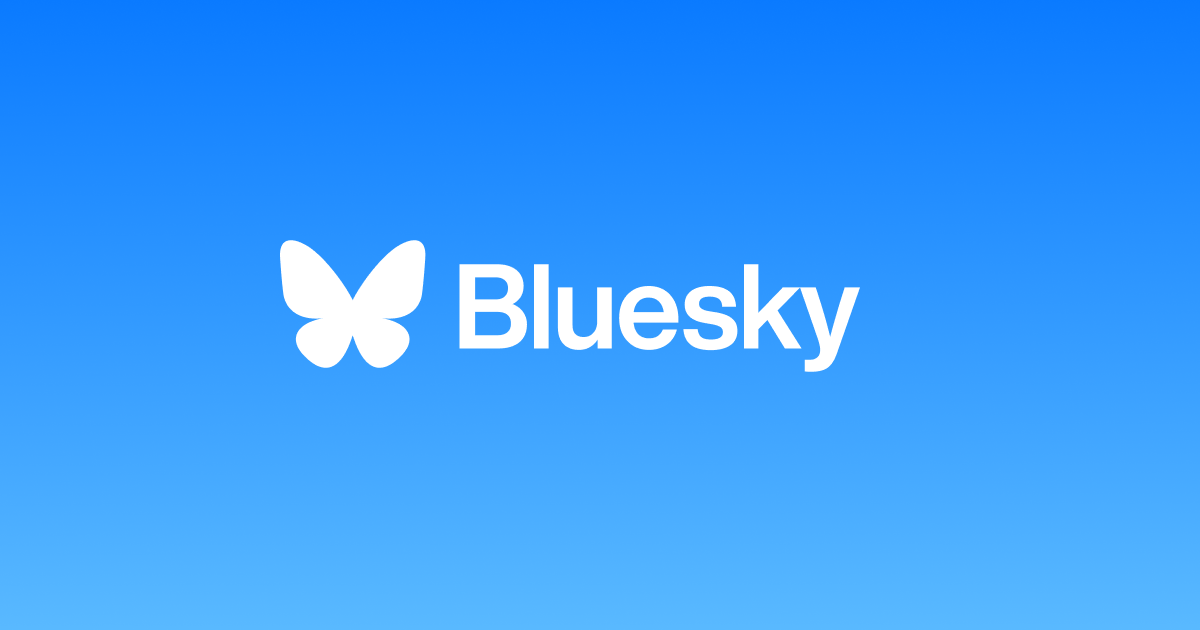- cross-posted to:
- technology@lemmy.world
- cross-posted to:
- technology@lemmy.world
Pretty pointless.
So they’re centralizing their ‘federated’ social media even more.
Sort of. This is apparently done on-protocol so anyone can issue verifications, but they’re only shown in the official client if they’re from BlueSky or someone approved by BlueSky.
A better way to do this would be to let users subscribe to verifiers the way they can labelers. Better still would be for the label to indicate what the verifier has verified about the account, like “nytimes.com says this person is an employee of the New York Times”, which is something labelers can already do.
So I really think they should have just leaned into labelers.
Probably but they’ve designated others to do it. Like a trusted organization (Wired or The NY Times) can verify people. Some of the developers seemed hostile.
But who gives a fuck about a blue check anyway? Even before Elon, it was a gag on Twitter when some fucking moron who interned at Reason or some shit got a big head about it and wrote as a clown to be laughed at. “Some personal news, I’m now the assistant associate dipshit at the newspaper they try to give you for free when you get on the subway.”
I don’t want to know who any of you people are. None of us saw anything. And if so much as a squirrel asks, I’m asking for a lawyer.
it’s decentralized somewhat. they’re allowing trusted organizations to give verification
…Until they suddenly don’t anymore
why would they care about this it’s not a monetized feature
I don’t understand why they don’t just use the domain verification which is far more authoritative
Probably should give it a clearer visual cue now that they do blue ticks, but it’s there.
They do. That said, now that it’s really easy to mask whois data, I would argue that’s a less than perfect solution.
They’ll make it paid someday. Trust me guys.







